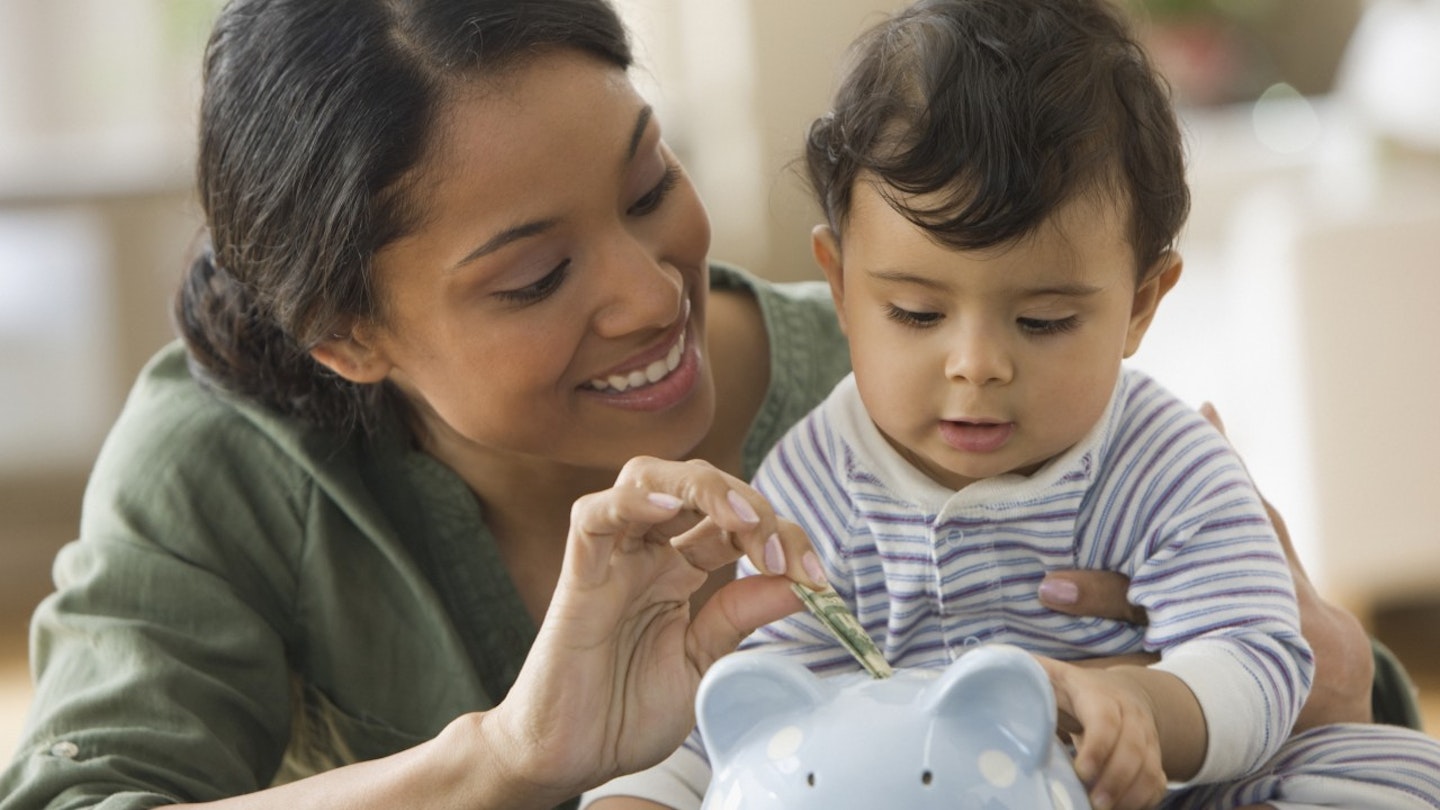As of 7 April 2025, child benefit payments have increased by 1.7% giving families a little financial boost. Now parents will receive £26.05 per week or £1,354.60 a year for the eldest, and £17.25 per week or £897 a year for each additional child. This move will help families and put some money back in their pocket.
It's also worth remembering that since April 2024, a rise in the child benefit threshold has made over half a million more families eligible. This follows significant changes in 2013, which introduced a High Income Child Benefit Charge for higher earners, effectively eliminating the benefit for those earning over £60,000 after initially being given the Universal Benefit.
At the time, this change wasn’t well-received, with many pointing out that a family with two parents both earning just under the threshold would still be eligible, while a family with just one high earner would not.
What is child benefit?
Child benefit is a payment that can be claimed to help parents cope with the cost of bringing up children. You normally qualify for child benefit if you have or are responsible for a child under 16 (or under 20 if in certain types of education or training) and you live in the UK. It is usually paid every four weeks, but can be paid weekly in some situations. There are separate rates payable for each child, but there is no limit to how many children parents can claim for.

Prior to 2013, child benefits were paid to all families with children, regardless of household income, but changes to the HMRC rules on child benefits came into force in 2013, reducing the entitlement of over a million families.
Last year, in 2024, the government made a more positive change; while it’s still the income of each partner in the household that counts, rather than your combined salaries, they’ve raised the threshold to £60,000. This means that, as long as no one in the household earns over £60,000, you’ll be entitled to the full child benefit.
The government has also created a tapered High Income Child Benefit Charge for those earning between £60,000-£80,000 so if you or your partner earn in this bracket, it may still be worth claiming. If one of you earns over £80,000, you’re likely to lose the full amount in tax charges.
Is the child benefit going up in 2025?
Good news! From 7 April 2025, child benefit will be:
• £17.25 a week for younger children (up from £16.95)
• £26.05 a week for the eldest or only child (up from £25.60)
How do you claim child benefit?
Even if you or your partner earns over £80,000, it’s still worth completing a child benefit form. You don’t have to claim the payments, but if one of you is not working and not paying National Insurance, filling in this form can mean you get National Insurance credits to protect your State Pension.
If you're claiming child benefit but struggling to make ends meet, there's more support out there, from Food Banks to Baby Banks and Tax-free Childcare.
About the author
Rebecca Lancaster is a Digital Writer for Mother&Baby, drawing on ten years of parenting her two children to help others navigating their own parenting journey. As a freelance writer, she spent ten years working with leading lifestyle brands, from travel companies to food and drink start-ups, and writing everything from hotel reviews to guides to the best British cheeses. She’s particularly interested in travel and introducing her children to the excitement of visiting new places, trying different foods (less successful) and experiencing different cultures.
